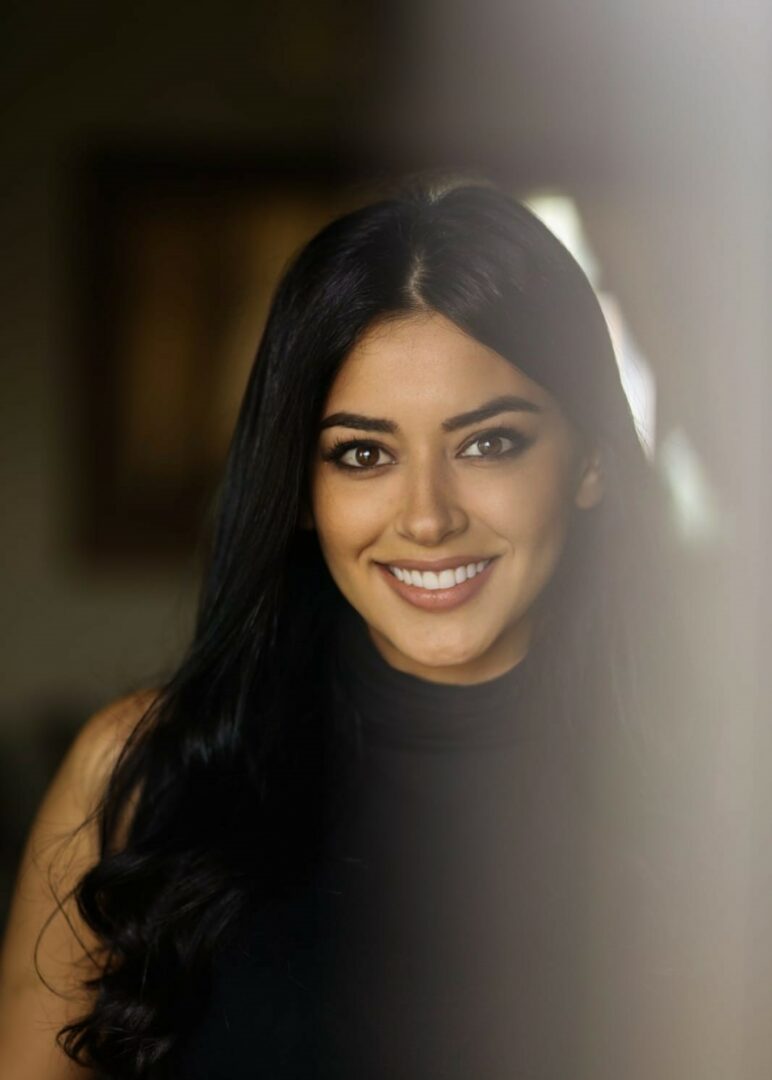We recently had the chance to connect with Rasha Hamzeh and have shared our conversation below.
Hi Rasha, thank you so much for taking time out of your busy day to share your story, experiences and insights with our readers. Let’s jump right in with an interesting one: What do the first 90 minutes of your day look like?
Honestly, the first 90 minutes of my day are sacred.
I start with journaling — three full A4 pages, handwritten, every single morning. It’s part of a 12-week program from The Artist’s Way by Julia Cameron. She calls them Morning Pages, a sort of creative brain dump that clears out all the noise before the day begins.
It’s not pretty writing, it’s not meant to be shared, it’s not a ‘Dear diary’ thing, it’s just whatever comes out: thoughts, worries, ideas, to-dos, random feelings. But somehow, by the end of those three pages, my mind feels lighter and more grounded. It’s like I’ve tidied up the inside of my head before stepping into the world.
After that, coffee feels like a reward.
Can you briefly introduce yourself and share what makes you or your brand unique?
I’m a wife and a mum of two lovely boys — the roles that keep me grounded and remind me daily why I do what I do. Professionally, I wear a few hats: I’m the Founder and Managing Director of The Inhouse, a creative and media consultancy built around the idea of creating work that works — work with context, strategy, and heart. I’m also the Executive Producer behind Luca’s Insight Track, Edge Candle Studio, and part of the NGO Eh, Fi Amal in Lebanon.
At my core, I’m all about bringing passion back into marketing, advertising, and communications — and doing it with purpose. I believe in spreading transparency and authenticity in an industry, and honestly, a world, that needs a lot more of both.
Everything I build — whether it’s a brand, a podcast, a campaign, or a cause — comes back to one belief: creativity should connect, not just communicate.
Amazing, so let’s take a moment to go back in time. Who saw you clearly before you could see yourself?
Growing up, I used to ignore the voices around me — the ones that saw potential in me before I could see it myself. I’ve always been my own harshest critic.
My mum was the first to truly believe in me. Even when I disagreed with her or couldn’t see what she saw, time always proved her right. She had this quiet confidence in who I’d become, even when I doubted her high hopes for me — and I’m so glad she was right.
Later in my career, I had a boss who insisted on moving me to a different department at a time when I was perfectly happy where I was. I remember being frustrated and asking, “If I’m doing well and I’m happy, why change it?” He told me he saw more in me than I was allowing myself to see. Looking back, he was right too — that move changed everything.
And last but definitely not least, my husband. He taught me what it means to be kind to myself — to love myself without conditions. He never tried to fix me or tell me who to be. He simply created space for me to grow, and somehow, that made me want to be the best version of myself — for me, but also for him.
What did suffering teach you that success never could?
Suffering taught me resourcefulness. The kind you can only learn when life gets hard.
When things fall apart, you stop waiting for the perfect solution and start creating one. You learn to make things work with less: less time, less support, less certainty, and still find a way forward.
Success often comes with comfort, but suffering teaches you how to think differently, how to adapt, and how to do the best with what you have. It makes you see potential where others see limits and helps you build strength from places that once felt empty.
It also taught me that resilience isn’t about being unbreakable. It is about being able to rebuild yourself each time, using what you have, where you are, and doing your best with it.
Sure, so let’s go deeper into your values and how you think. Is the public version of you the real you?
I would say yes, the public version of me is the real me. What you see is what you get. I’ve always believed that authenticity isn’t about oversharing or being unfiltered for the sake of it. It’s about alignment — making sure that who you are in private doesn’t contradict who you are in public.
People often describe me as bold, but to me, that boldness comes from clarity, not ego. I don’t try to be loud, I just try to be real. I say what I mean, I stand by my values, and I don’t pretend to have it all figured out.
So yes, the public version of me is real, but it’s also curated with intention. It’s the same person, just seen through the lens of purpose — someone who believes that honesty and humanity still have a place in a polished world.
Thank you so much for all of your openness so far. Maybe we can close with a future oriented question. If you knew you had 10 years left, what would you stop doing immediately?
If I knew I had ten years left, I’d stop rushing through life. I’d stop saying “after this project” or “when things calm down.” I’d live more in the present — really live it, not just talk about it.
I’d spend more quality time with my family, without constantly checking my phone or thinking about what’s next. I’d make slower mornings, longer dinners, and deeper conversations a priority.
I think I’d also stop trying to please everyone. I’d only do the things that truly align with what matters — creating meaningful work, surrounding myself with people I love, and finding joy in the everyday moments we often overlook.
Contact Info:
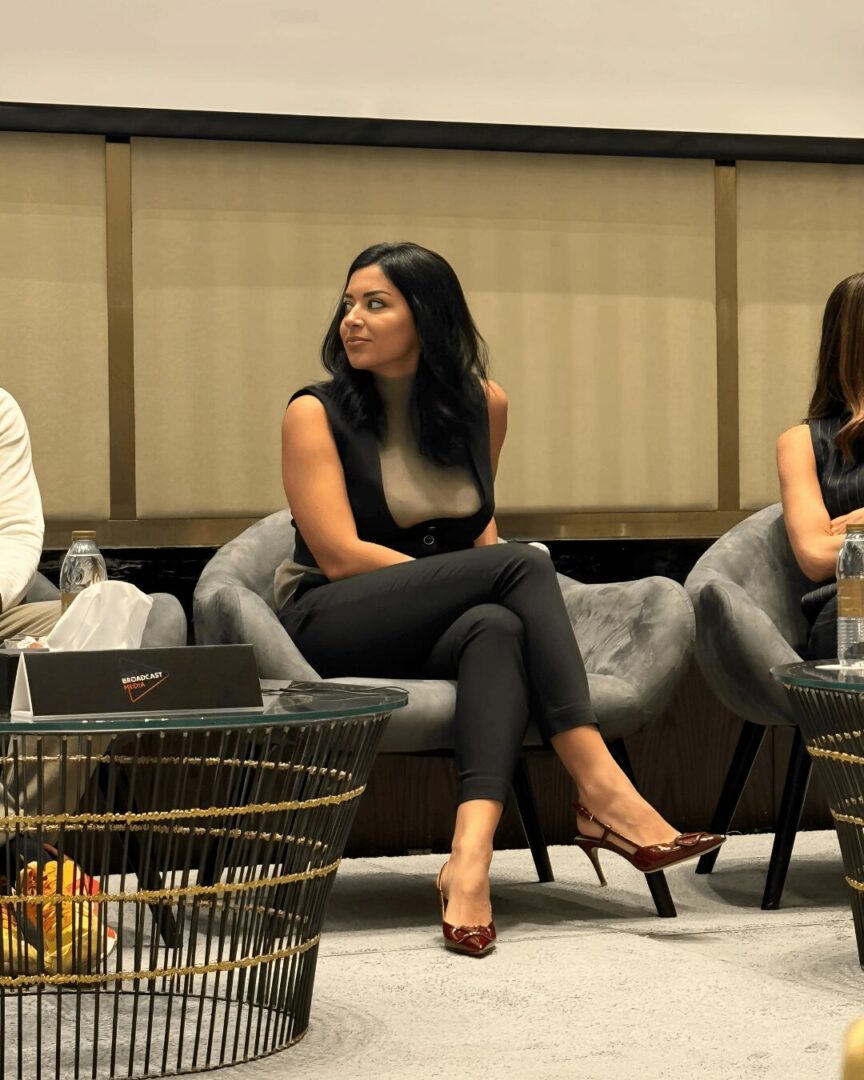
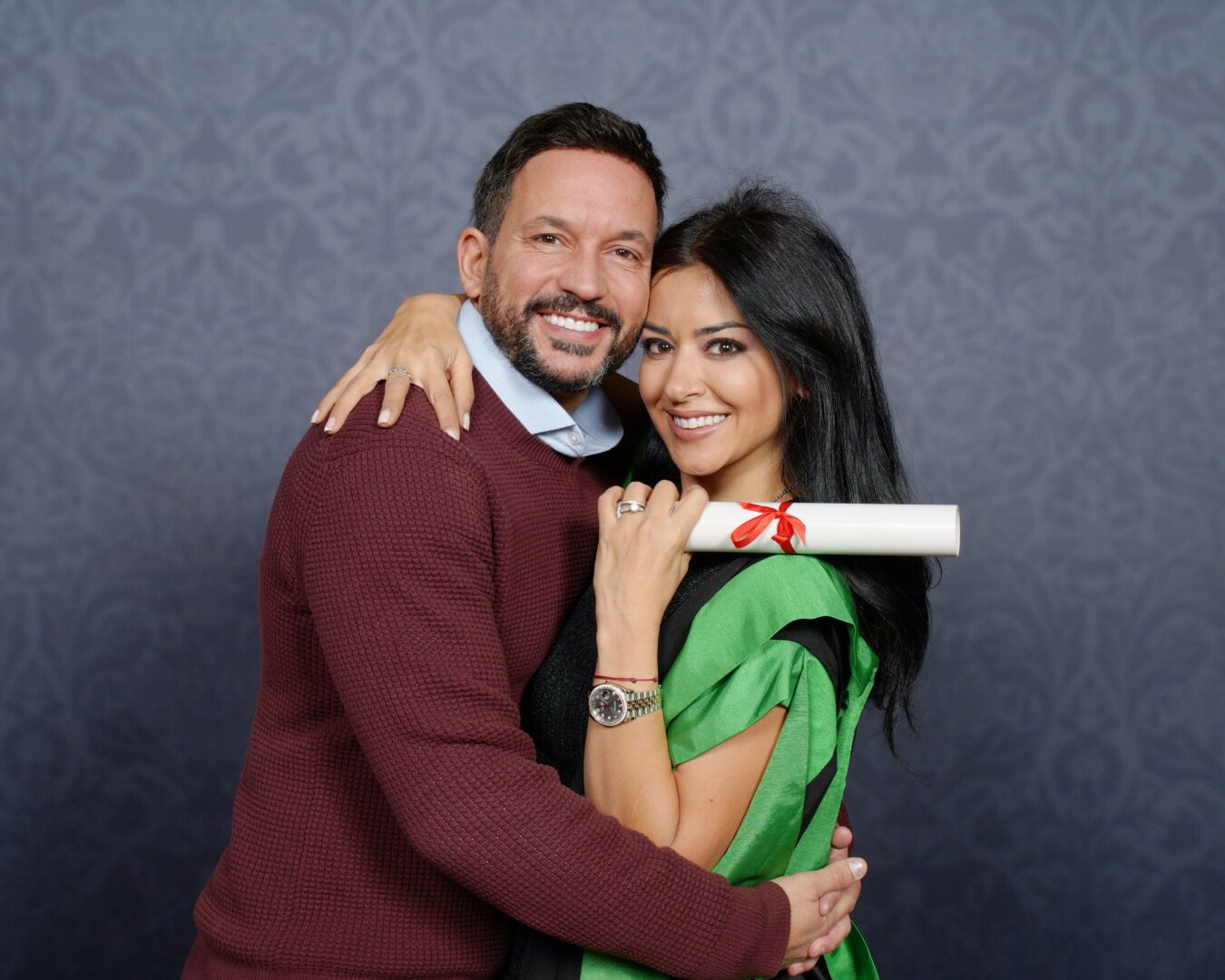
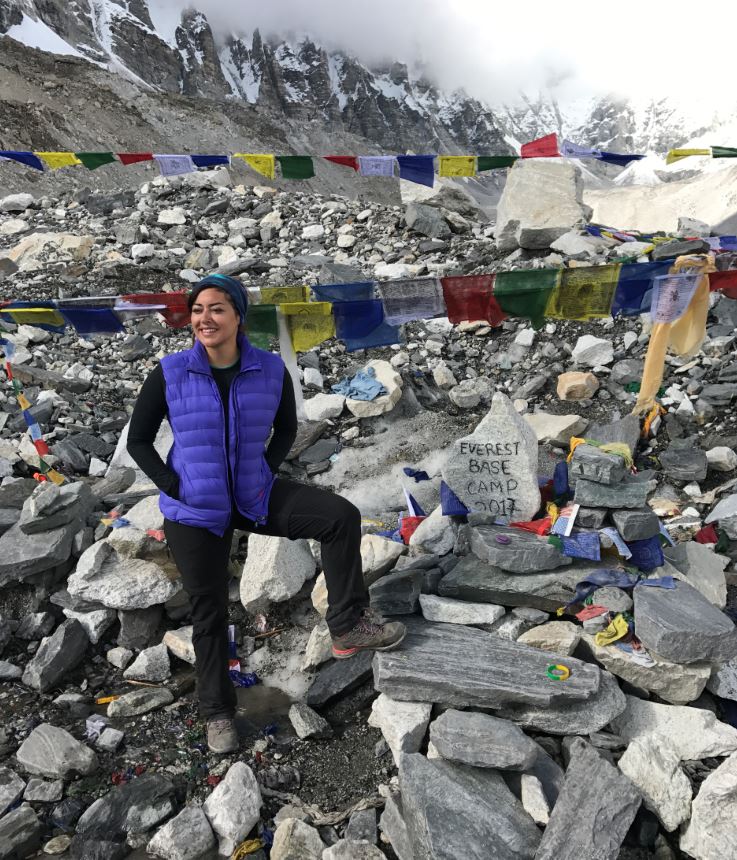
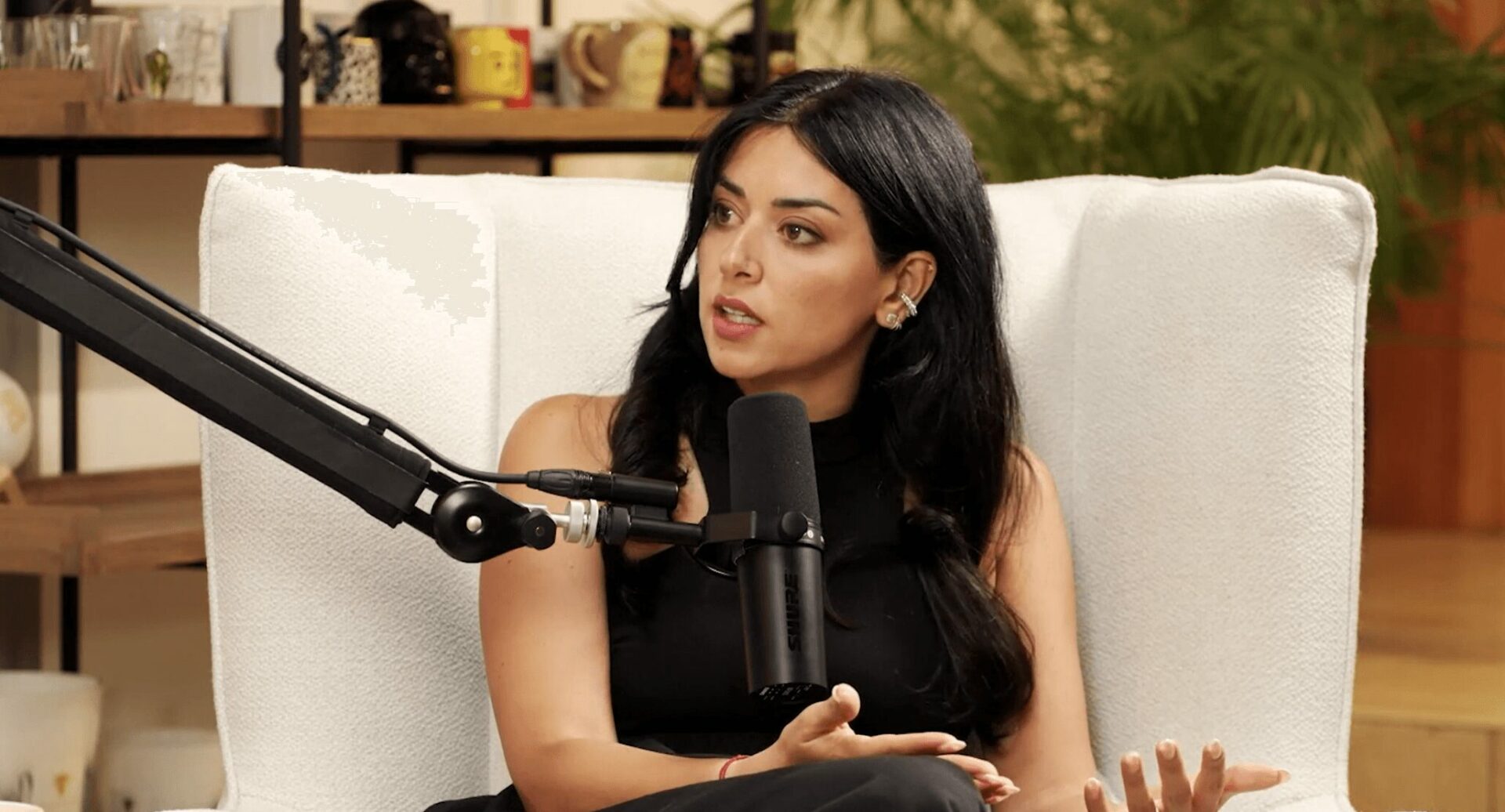
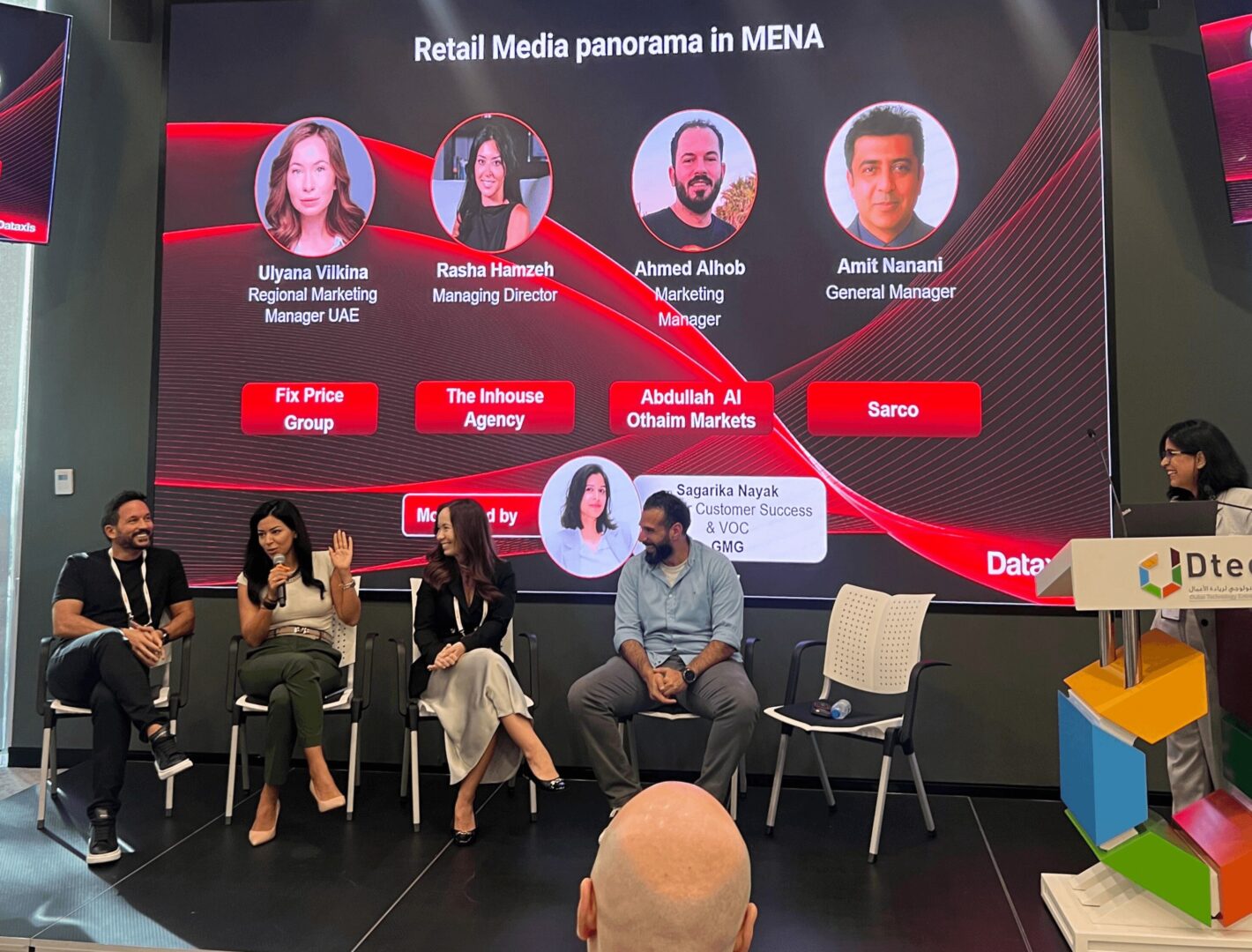

so if you or someone you know deserves recognition please let us know here.

